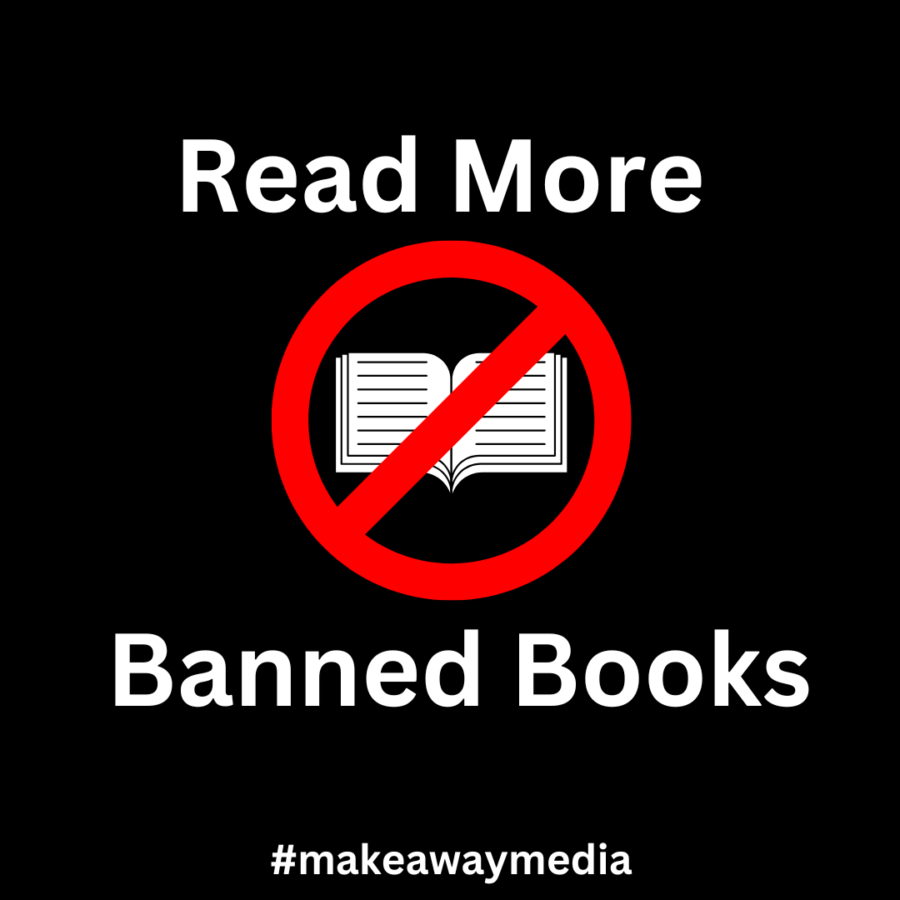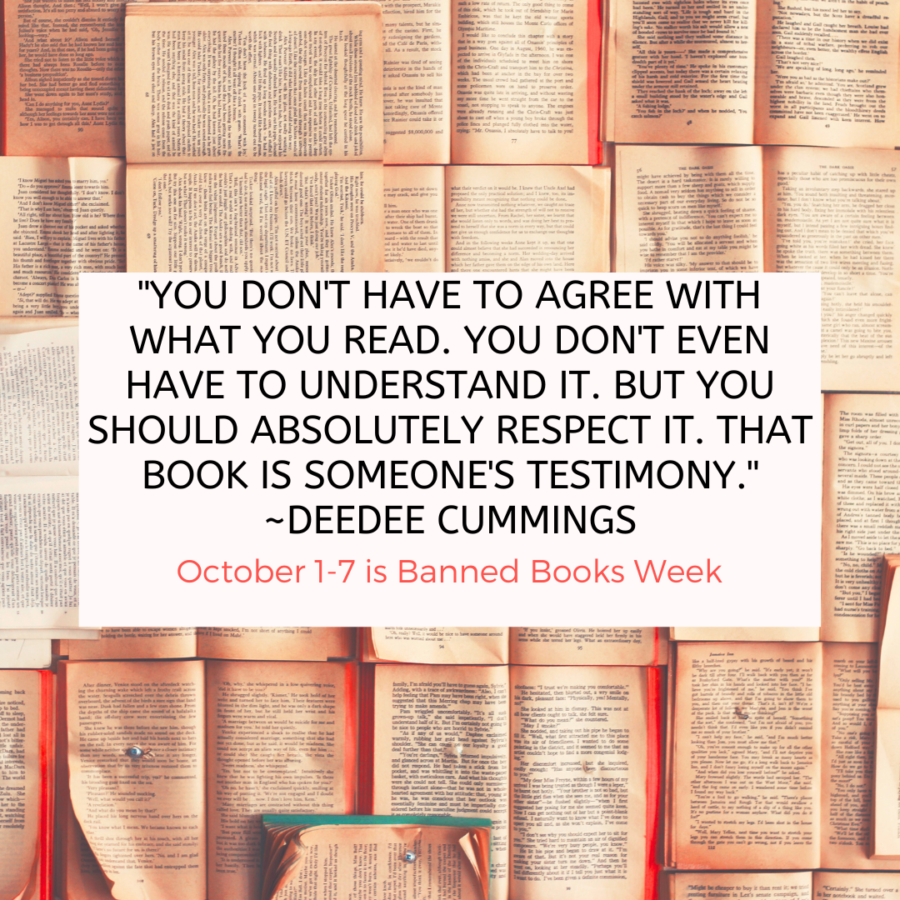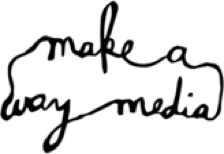Most of the time when we talk about a special day or week, it is out of celebration. However, the week of October 1-7, 2023 is a bit different. Banned Books Week, as it is called, is a time when we reflect on the books that are censored because someone doesn’t like what is inside the pages. This is often a time of sadness and dismay.
Bridging where one person’s rights begin and another person’s rights end is complicated. Legal minds spend their lifetimes debating the ins and outs of this topic. It can be argued that banning books harms more people than it benefits.
Who does book banning harm?
Authors
First, the authors who spent time and energy writing their books. Most authors will tell you they didn’t get into writing to make bank. They got into writing because they had stories to tell or experiences they wanted to share. Writing a book is all about, ultimately, making a connection with others via story. Having one’s book banned is stressful at a minimum.
Readers
Book banning harms readers. If a book is banned in a school district or town, it doesn’t just take the book out of the hands of the readers who parents or school boards determined were too young to read it. It takes the book away from the myriad other people who are adults or children or teens whose parents allow them to read the book. It hurts children who need and want to see themselves and their stories reflected in books. It hurts children who need to see other people’s lives in books to expand their thinking and empathy.

Future Creators
Book banning has the potential to harm our future creators—be they writers or other kinds of artists. Culture wars may make future artists determine they don’t want to spend their time and energy on an endeavor that will be banned.
Our Economy
For those interested in economics, book bans harm people’s pocketbooks from authors to publishers to paper suppliers to bookstore owners. This is obvious. But book bans result in lawsuits, as there are constitutional issues at play. If schools or libraries ban books and a lawsuit is filed, as they often are, our tax dollars are spent paying for these lawsuits. They are costly in terms of money and time.
Librarians, Teachers, Book Sellers
We wish that lawsuits were all we had to worry about. There is also an extreme uptick in harassment, threats, and firings of librarians, teachers, authors and booksellers across the country. This is indeed a targeted effort. Read more about this here.
All Of Us
Most concerning to us at Make A Way Media is the harm book bans do to marginalized populations. The recent book bans we have experienced in the United States of America, tend to apply to stories from groups of people who need their voices amplified the most. Black people, indigenous people, people who identify as LGBTQ+, and the stories of immigrants are by far, the group of books who have their voices suppressed the most.
populations. The recent book bans we have experienced in the United States of America, tend to apply to stories from groups of people who need their voices amplified the most. Black people, indigenous people, people who identify as LGBTQ+, and the stories of immigrants are by far, the group of books who have their voices suppressed the most.
“You don’t have to agree with what you read. You don’t even have to understand it. But you should absolutely respect it. That book is someone’s journey.”- Author Deedee Cummings
You have to ask why this is the case? This is so important that we need to highlight this urgency every day of the year, but Banned Books Week is a great time for all of us to call attention to a growing crisis.
For these reasons, and many more, Banned Books Week is one of somber reflection.
“This is a dangerous time for readers and the public servants who provide access to reading materials. Readers, particularly students, are losing access to critical information, and librarians and teachers are under attack for doing their jobs.”
– Deborah Caldwell-Stone, director of the ALA’s Office for Intellectual Freedom

